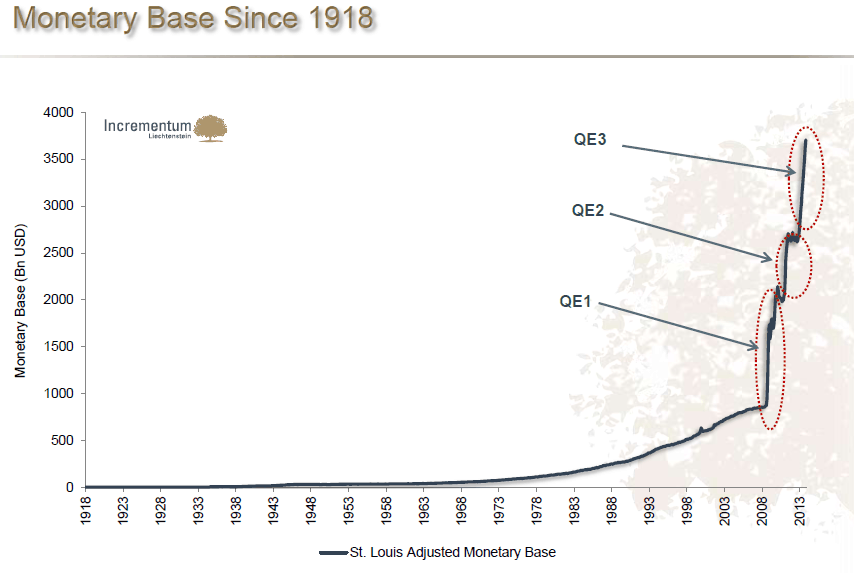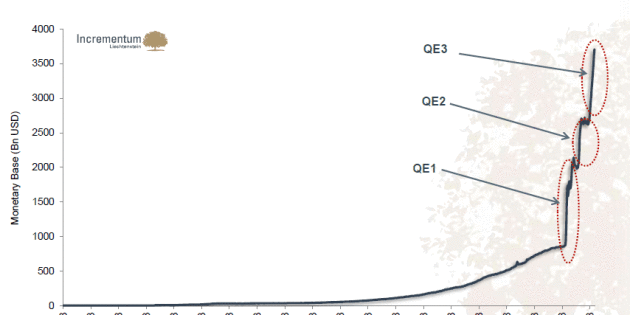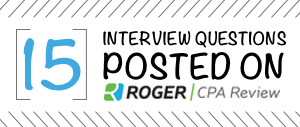Before we get started on today’s topic, I’d like to invite you to our VIP Facebook Group.
You should join if you’re a…
- Student / Young Accountant / Looking for Job: Join to share experiences, insight, and ask questions! I’ll also be releasing premium information and resources only available to members of this group!
- Bean Counting Veteran / Experienced Professional: Join to help out the next generation of Bean Counters!
JOIN: VIP Facebook Group.
Now on to the topic at hand.
And I must warn you… I am secretly, an economics geek…
So if you’re not ready to geek out, you can stop reading now and look forward to next week’s email.
As a disclaimer, here are three reasons why you shouldn’t take this advice as the be all end all on this topic:
- I got a B in Macro Econ mainly due to arguments with my professor
- I got a C in Micro Econ mainly due to arguments with my professor
- While I’m a CPA, I’m not giving any financial advice, I’m just using the question at hand to discuss the general economy and topic.
Okay, so here’s the question I got last week from a Bean Counter fan:
“Andrew – Do you have an opinion on U.S. Treasury Bills as an investment vehicle for a 1st time investor?”
I do.
I remember when I was just a wee tot… there he is!

Not the old guy, the baby…
And I was actually probably about this age…

When my father sat me down and said:
“You see that man over there. He’s got $5o million in U.S. treasury bills. Now that is the safest investment there is, and he’s got $50M worth of them”
At the time I was like 6, and my father was pointing to a friend of his.
At the time I didn’t think much about it.
But when I got older, I learned a little bit about how the monetary system works in the U.S. I became a little more skeptical.
U.S. Treasury bills are essentially an investment in the U.S. government and this is considered by many economists virtually risk free return.
But here is why you might want to question this notion:
If you lend dollars to the government, you’re hoping they will pay you back with interest in the future.
Here are two major reasons that might make you re-think if this is a good idea:
1. The United States Balance Sheet ending on September 30, 2012
- Assets – $2.748 Trillion
- Liabilities – $18.849 Trillion
- Equity – ($16.101) Trillion
And things have gotten much worse from here with the national debt approaching $18T.
Would you lend money to a friend who only had $20K in assets and $180K in debt? While the U.S. government does back the currency, there are other government that are far more solvent that ours. Our government is by all private company standards, completely bankrupt.
2. Inflation
If I lend $100 to the government earning 3% per year, then at the end of a year, I should earn $3 and have $103.
But what if inflation is 4-5%?
While the modern definition of inflation has changed, I believe in the true definition which is only contained in old dictionaries like this 1983 version of Webster’s:
“An increase in the amount of currency in circulation, resulting in a relative sharp and sudden fall in its value and a rise in prices…”
If you look at the increase in the currency in circulation:

That’s a HUGE increase from the ’08 bailouts and “quantitative easing (QE)”!
Now we haven’t felt that same increase in prices, but will we?
I’m afraid we will. And that would ruin any returns on US treasury bonds.
I mean prices are certainly going up, at the grocery store, rent, gas, homes, cars etc… And averages wages are falling.
But this is a major problem. If you invest in U.S treasury bills, you run the risk that you’ll be paid back with printed money that’s worth FAR less that what you lent.
So my advice to the Bean Counter fan about investing in U.S. treasury bills:
Make sure you learn and understand the risk associated with lending your money to a bankrupt government that has recently gone on a money-printing bonanza. If you’re still fine with all the risks, fire away!
I’d love your feedback. Should we talk economics on The Bean Counter? Or stick with accounting? You won’t hurt my feelings, let me know in the comments or shoot me an email!







